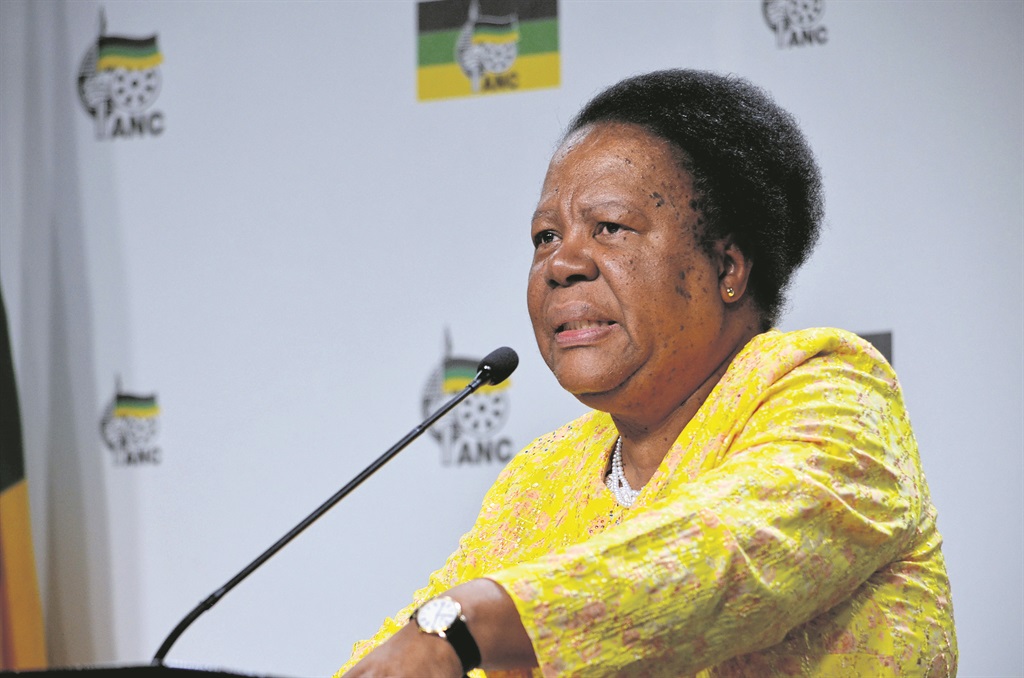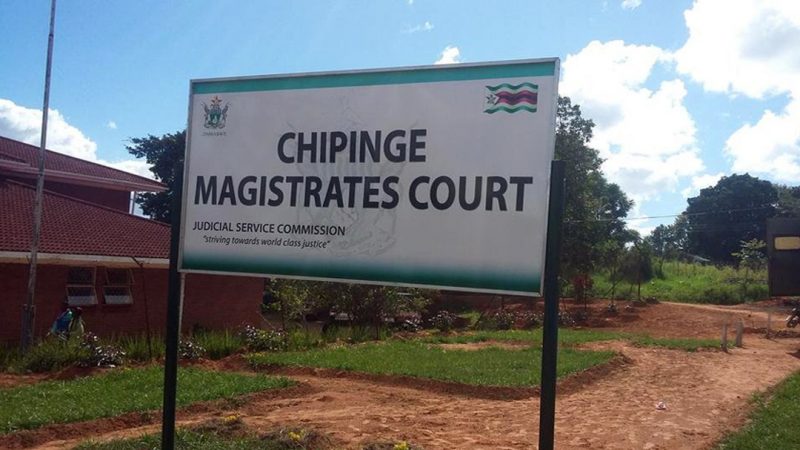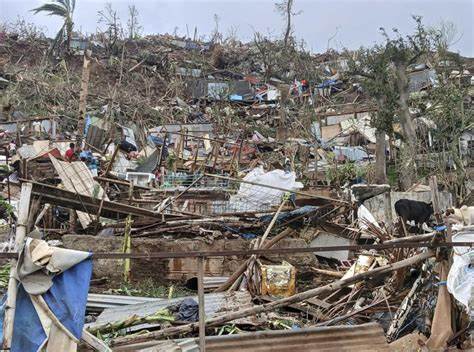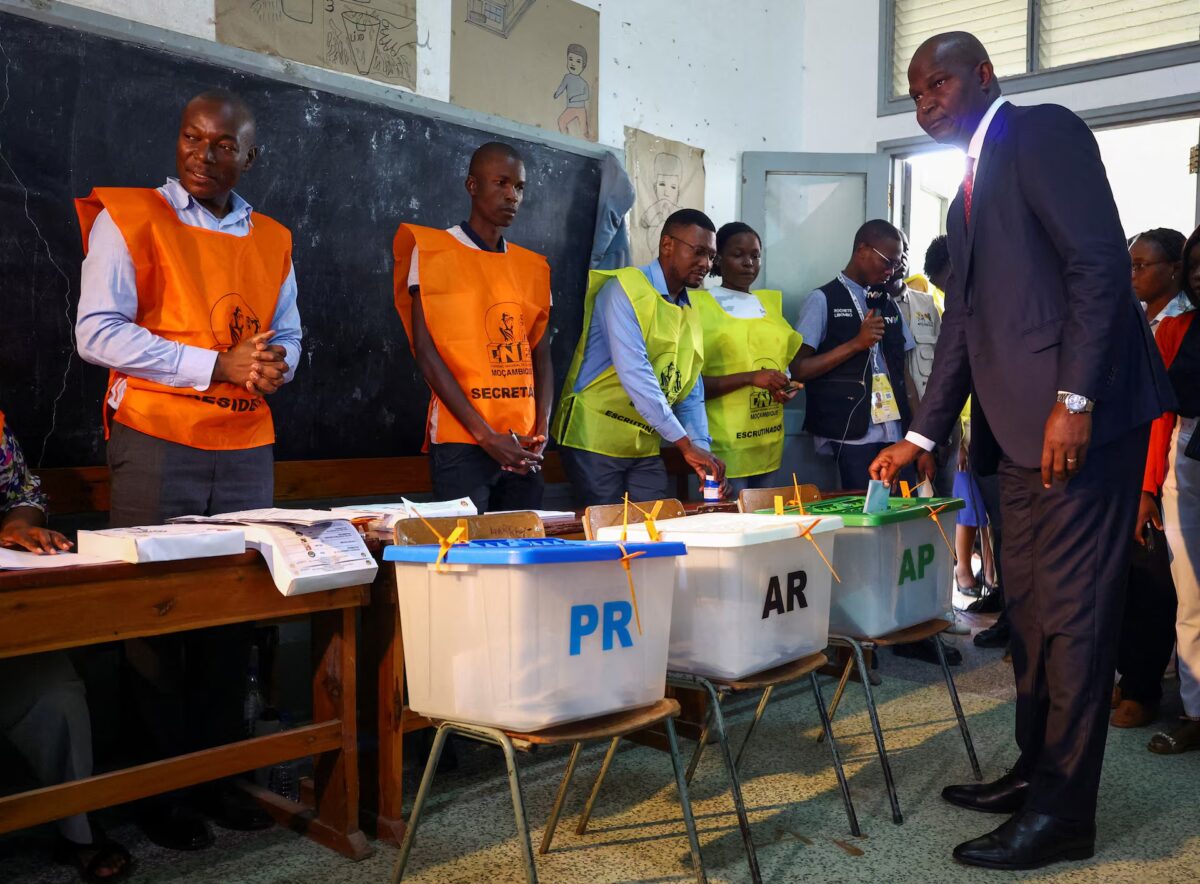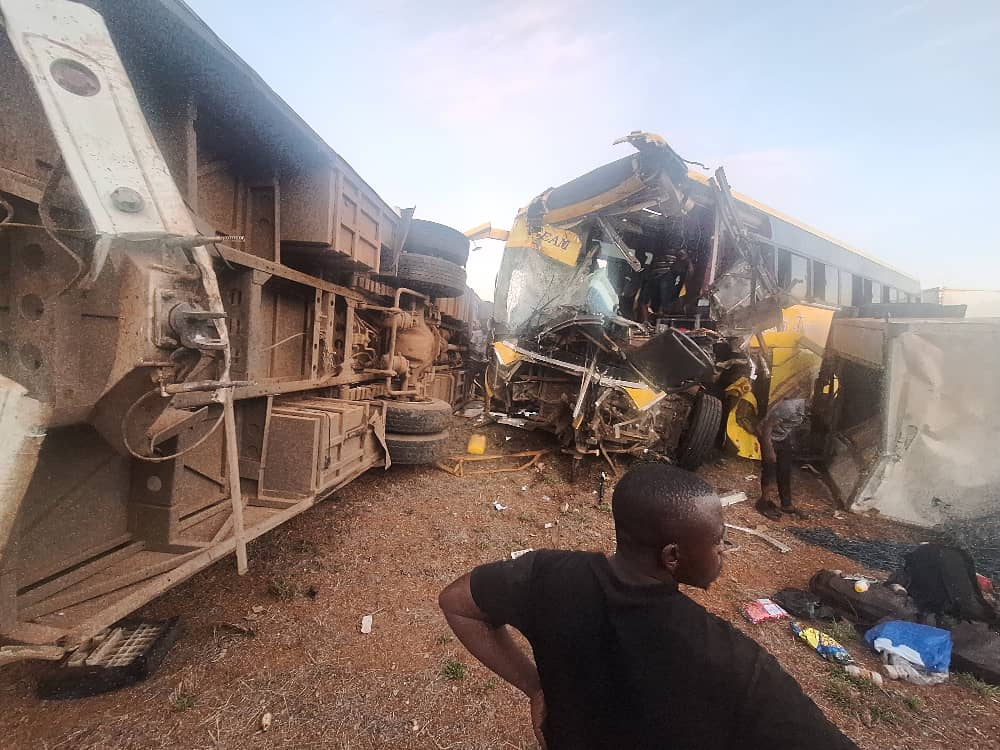Transcript of speech by South Africa’s Minister of International Relations Naledi Pandor during a symposium on the ‘Best Path Towards a Prosperous Zimbabwe’, held on Monday, November 18, 2019, at the University of South Africa:
I think it’s important to begin by saying that the social, political and economic situation that is confronting Zimbabwe is one of the most challenging facing us in the Southern African region. This is a stark fact, a reality, that we hope all of us would agree upon.
Why is DIRCO hosting a symposium of this nature? Well, we regard it as our modest contribution to beginning a process of articulating solutions to the many complex challenges which we believe will be resolved primarily by the people of Zimbabwe with the assistance of all the countries in the SADC region. So there’s no sense of arrogance that we have the solutions as South Africa, the real sustainable solutions will come from the people of Zimbabwe and we should not fool ourselves that we have the solutions. But we would like to be a party to assisting and finding a way of resolving the problems as they confront our brotherly and sisterly country.
The theme of the meeting as indicated by those who spoke before me indicates our belief that we will have to find ways of acting in solidarity with Zimbabwe. In the past six months of being in this office I have used the concept of solidarity so often and have come to appreciate that it has a very, very significant meaning in the world. I use it primarily when I refer to South Africa and our own struggle for our freedom and that we could not have won that freedom had it not been for international solidarity.
So, part of our intention in convening a symposium or meeting of this nature is really to put into place once more that concept and its practical realisation. So, we believe action and solidarity might be the way that we can find a solution.
Solidarity is important both in a conceptual framework but also in practical terms because it reflects our posture certainly as DIRCO and as South Africa that multilateral solidarity and practical, informed action are the best means towards resolving international problems.
At the August SADC summit as you have heard, we all as SADC members supported a resolution proposing October 25th as a day for all of us in SADC to call for an end to sanctions against Zimbabwe. As DIRCO we acted on that SADC decision, but it was our feeling that it is not enough to make a media statement; that it’s not enough to act by saying ‘yes 25th October we support an end to sanctions’. We felt that we might need to go one step beyond such a call and perhaps initiate a process of reflecting on the solutions which could be considered to actively address the challenges all of us are familiar with.
I believe and I have seen this now for six months as minister of international relations that we are all very competent at addressing, formulating and adopting resolutions; very good in the international sphere, yet far too inadequate in informed reflection on what solutions or approaches might be practicable. So we are very good on motions, on resolutions but when we have to translate to action we somehow fall flat.
I’m extremely pleased today that when we approached academic institutions and civil society organisations we got an extremely enthusiastic response in being keen to assist us in exploring the theme that we have chosen.
As the department of international relations we have some appreciation of the nature of the challenges and the various economic and social imperatives. By all accounts and Professor (Mandla) Makhanya has referred to some of them, there are serious and seemingly intractable political factors that might need attention and in fact do need attention if solutions are to be effective or implementable.
The political formations in Zimbabwe remain at loggerheads and have apparent deep antipathy towards each other which makes joint decision making and planning extremely difficult. It seems clear that even as we support the call for an end to economic sanctions, the political dynamics that we observe are inextricably linked to the economic solutions and thus the politics and the economic as well as the social need to be confronted simultaneously. We are not going to achieve the economic resolution without resolving the political, intractable hostility and lack of amity or social conjoining on finding a national solution. This coming together of the range of aspects that need attention can only be led from Zimbabwe and would certainly ease the development of SADC contributions in response to an emergent compact.
We would be greatly assisted in playing a positive role if we knew there was a shared notion in Zimbabwe of what must be done, and this is an extremely important point for us.
While indeed as the South African government we work very closely with the government of Zimbabwe, it would be difficult for us to be seen as playing a role only with the government given the large nature of the problem that confronts our country.
So, I think that we need to be provided with a path that indicates that as we enter to provide support, all the parties, all the groupings, all the stakeholders in Zimbabwe are at one that that assistance, that support must be brought in.
All reports on the economic situation point to a debilitating crisis and social situation which is terribly worsened by international sanctions. What the sanctions have done is worsen the context, not improve it. I haven’t seen an advance which one can say arises from the sanctions and so we really have to address this matter of international sanctions and create an opening which allows Zimbabwe and ourselves as SADC to have some of the tools at our hand which can provide assistance.
The impact that we are seeing on citizens, on public services and on public institutions is extremely troubling and all of us are aware of these impacts. Basic services are inadequately available. Those offering critical services earn very little income. The cost of essential goods such as basic food items is beyond the ability of millions. So what this crisis is doing is creating further problems and thus making it even more difficult to determine workable solutions.
We need to end the crisis as soon as possible. Sanctions have failed to provide any assistance to addressing these problems and may in fact have made them worse.
The situation has been equally negative for those with a livelihood, and those without one. Zimbabwe has experienced a significant loss of skills in the last decade and this has harmed the possibility of efficient management of key economic sectors and institutions. So if we get to a point where it is agreed that we can begin to invest in particular institutions, we are going to have to look at how we bring skills back to bear, into effective management of those institutions.
We as South Africa have been a beneficiary, to some degree, of the loss of key skills and there has been substantial migration to different parts of South Africa. So, finding solutions to this loss of skills has to be an important and significant part of the practical solutions we will have to give attention to. We may have to devise innovative forms of institutional collaboration that will help sustain and perhaps restore the efficacy of critical institutions.
Sometimes I shudder when I imagine what might if all the Maths and Science teachers were to leave South African schools. Many of them come from Zimbabwe. So how do we have a conjoined arrangement which won’t lead to a collapse in these subject domains, very important subject domains in South Africa, but support as well a revival in their sustainability in Zimbabwe. So I think conjoined collaborative solutions are going to be an important area for us to examine.
It is possible that SADC might need to go beyond the resolution that we adopted and engage those who have imposed sanctions to agree on lifting those sanctions to support the recovery of critical sectors such as health, agriculture, finance and of course education.
I hope our panelists today, the discussants, will share ideas from the work that they have been leading in their respective institutions and disciplines. It is possible that they are alert to how we can initiate an inclusive political dialogue or how we can give attention to economic sectors that could be the vehicle for promoting increased employment and future growth for Zimbabwe.
We do not by any means as DIRCO pretend that we have all the answers and it is our hope that we are going to benefit from the wisdom of this dialogue.
We do believe the imposed sanctions have not resulted in an end to the problems, thus we think we need to have a move beyond merely describing the problems and toward identification of key steps that will give us real change, growth and stability in Zimbabwe.
As DIRCO, I wish to assure you, if we believe out of these deliberations there are approaches that make practical sense and that we could play a role in we will certainly take them up and perhaps in another year we will call you to a similar symposium and indicate to you whether there has been any success or not.
So, this is really intended as a very practical, open discussion whose intention is to seek solutions. It’s not by any means an intellectual exercise because unfortunately while I aspire to be intellectual I can’t engage in blue skies intellectual deliberations any longer. What we need are practical solutions, what we need is a way out of the problems and we will have to find this of course with the people of Zimbabwe. I hope that in future we will have a much broader set of engagements but this is the beginning which I hope will give us some direction.
I hope that on all the matters that we must confront with respect to our continent that we are going to begin to do so in a very deliberate fashion and that we are going to move beyond resolutions and policy documents and really start saying to ourselves: what does this mean in practical terms? We have policy documents on everything, there’s nothing you will not find a resolution on. The problem is how do we give practical effect to these things? How do we change the character not just of Zimbabwe but Africa? How do we move into that difference that is aspired for in our resolutions and policy instruments?
My concern is that we need to be wary of being famous for excellent conference statements but inadequate practical action. It can’t be that we have decades of freedom, and we don’t have proper sewerage facilities. There’s something wrong in the way that we are approaching our problems and this why I’m convinced that one of the things we need to do even in the international domain is to start to share thoughts not in an ambassadorial, diplomatic fashion but a real one with academics and others involved to start engaging on how do we convert excellent frameworks into practical action? That’s all this meeting is about, nothing more ambitious, nothing more ambitious.”
(Transcript by ZimLive)

